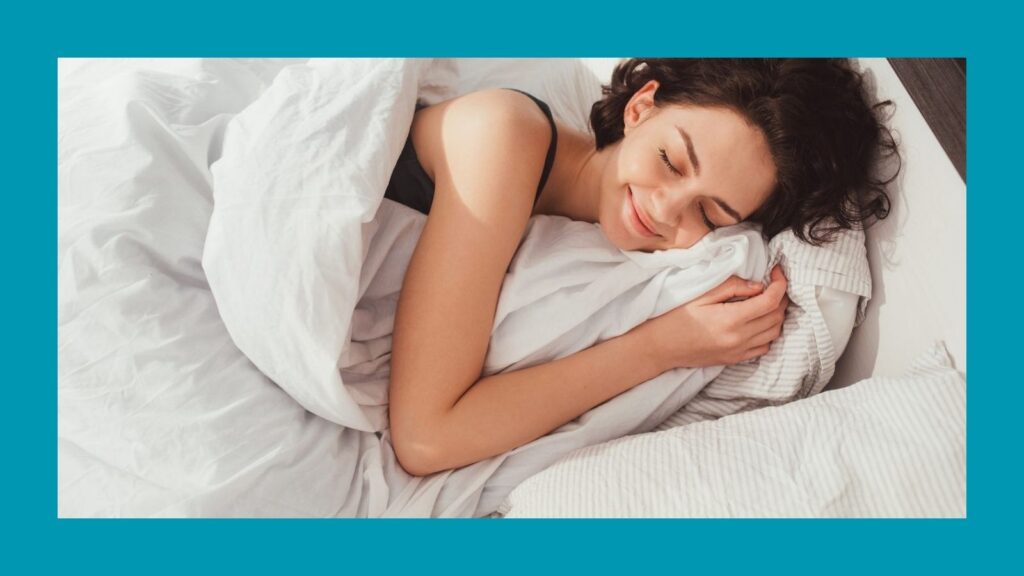Getting a good night’s sleep is crucial for overall well being. If you’re looking to fall asleep faster and enhance the quality of your sleep, here are some strategies to help you achieve just that :
1. Consistent Sleep Schedule:
Keeping a consistent sleep schedule is crucial. Make an effort to go to bed and wake up at the same time every day, even on weekends. This routine greatly contributes to regulating your body’s internal clock.
2. Create a Relaxing Bedtime Routine:
Wind down with calming activities like reading, gentle stretching, or a warm bath before bedtime to signal to your body that it’s time to sleep.
3. Comfortable Sleep Environment:
Create an ideal sleeping environment in your bedroom by ensuring it’s cool, dark, and quiet. Consider investing in a comfortable mattress and pillows for a restful night’s sleep.
4. Limit Screen Time:
Steer clear of electronic devices such as smartphones, tablets, and computers for at least an hour before bedtime. The blue light emitted from these devices can disrupt your sleep-wake cycle.
5. Mindful Eating and Drinking:
Steer clear of heavy meals, caffeine, and alcohol in the hours leading up to bedtime, as they can disrupt your sleep patterns.
6. Regular Exercise:
Incorporate regular physical activity into your routine, but be cautious about engaging in vigorous exercise close to bedtime. Regular exercise can help you fall asleep faster and experience deeper, more restful sleep.
7. Manage Stress:
Utilize relaxation techniques such as deep breathing, meditation, or progressive muscle relaxation to effectively reduce stress and anxiety.
8. Create a Comfortable Sleep Routine:
Develop a consistent routine to signal your body that it’s time to sleep, such as brushing your teeth and reading a book.
9. Limit Naps:
While short power naps can be rejuvenating, excessive daytime napping can interfere with nighttime sleep.
10. Control Light Exposure:
Expose yourself to natural light during the day and dim the lights in the evening to regulate your body’s circadian rhythm.
11. Cognitive Behavioral Therapy for Insomnia (CBT I):
Consider seeking therapy from a professional trained in CBT I, which can help address and change negative thought patterns and behaviors related to sleep.
12. Avoid Clock Watching:
Frequently checking the clock can heighten anxiety about falling asleep. To mitigate this, consider turning your clock away or removing it from your line of sight.
13. White Noise and Relaxing Sounds:
Some people find white noise or calming sounds, like ocean waves or rainfall, can help create a soothing sleep environment.
14. Herbal Teas:
Chamomile or valerian root teas can have a mild calming effect and help promote sleep.
15. Professional Guidance:
If you continue to struggle with sleep, consult a healthcare professional to rule out underlying sleep disorders and receive personalized guidance.
Remember that improving sleep quality and falling asleep faster often involves trial and error to find what works best for you. Patience and consistency are key. By implementing these strategies and making them part of your daily routine, you can significantly enhance your sleep quality and enjoy a more restful night’s sleep.
